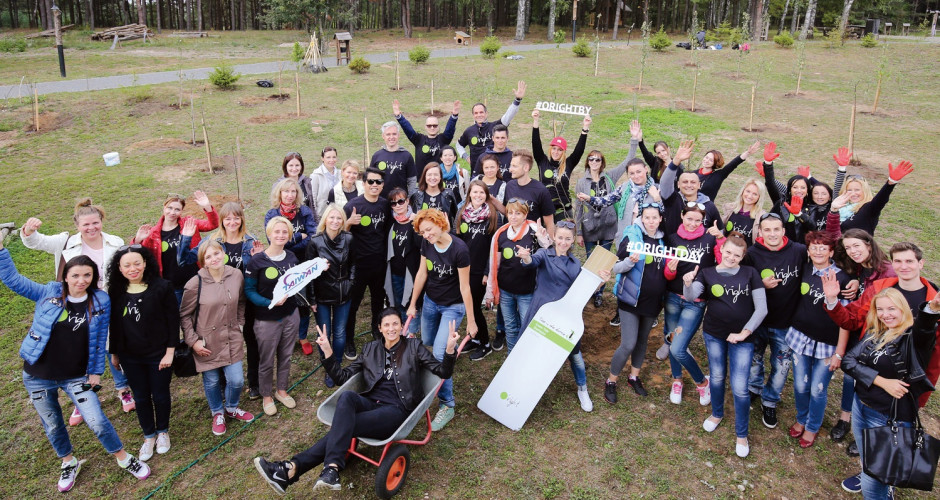The unique bond between a 100-year-old tea manufactory, local Hakka people, and this land! Situated near O’right Green Headquarters at Longtan District of Taoyuan lies one of Taiwan’s most important tea production areas. With unique acidic laterite soil and gravel, which have high permeability and are rich in minerals, and hot and wet climate and fog, this area is the perfect environment for growing tea. After sharing organic farm life in Australia, to the heavenly rice of the 100-year old irrigation ditch in Hualien, O’right’s team headed towards this part of Taiwan to listen to the story of local Hakka people and their unique bond with this land. Follow our steps and let’s enjoy a cup of good Taiwanese tea from a 100-year old tea manufactory!
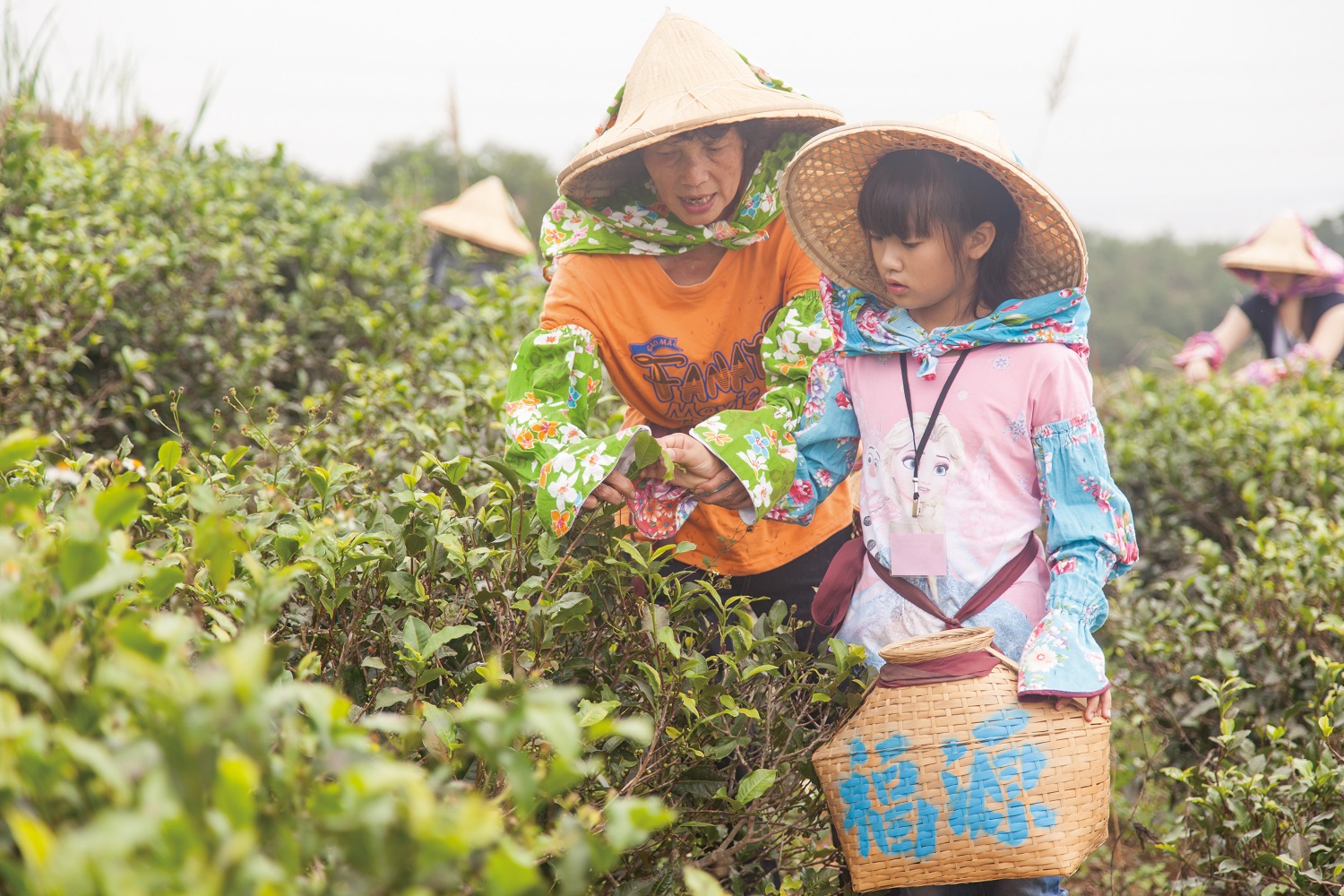
Generations of Good Tea
Fu-Yuan Tea Manufactory was founded during the Japanese colonial rule. The founder purchased tea leaves from different sources and, with the help of foreign merchants or Japanese trading companies, sold tea to countries around the world. In 1949, the manufactory was established in order to expand the company’s business, the same year in which tea production reached its peak in Taiwan with an annual production of 25,000 metric tons and Fu-Yuan Tea Manufactory accounting for 10% of the Taiwanese tea market. In the 1970s, even as the Taiwanese society gradually began developing from agricultural to industrial, Fu-Yuan still managed to stay true to its roots and to this day continues to produce good tea using traditional technology from the red brick manufactory with a history of more than 100 years, using William Jackson’ s tea roller to produce naturally sweet, aromatic tea.
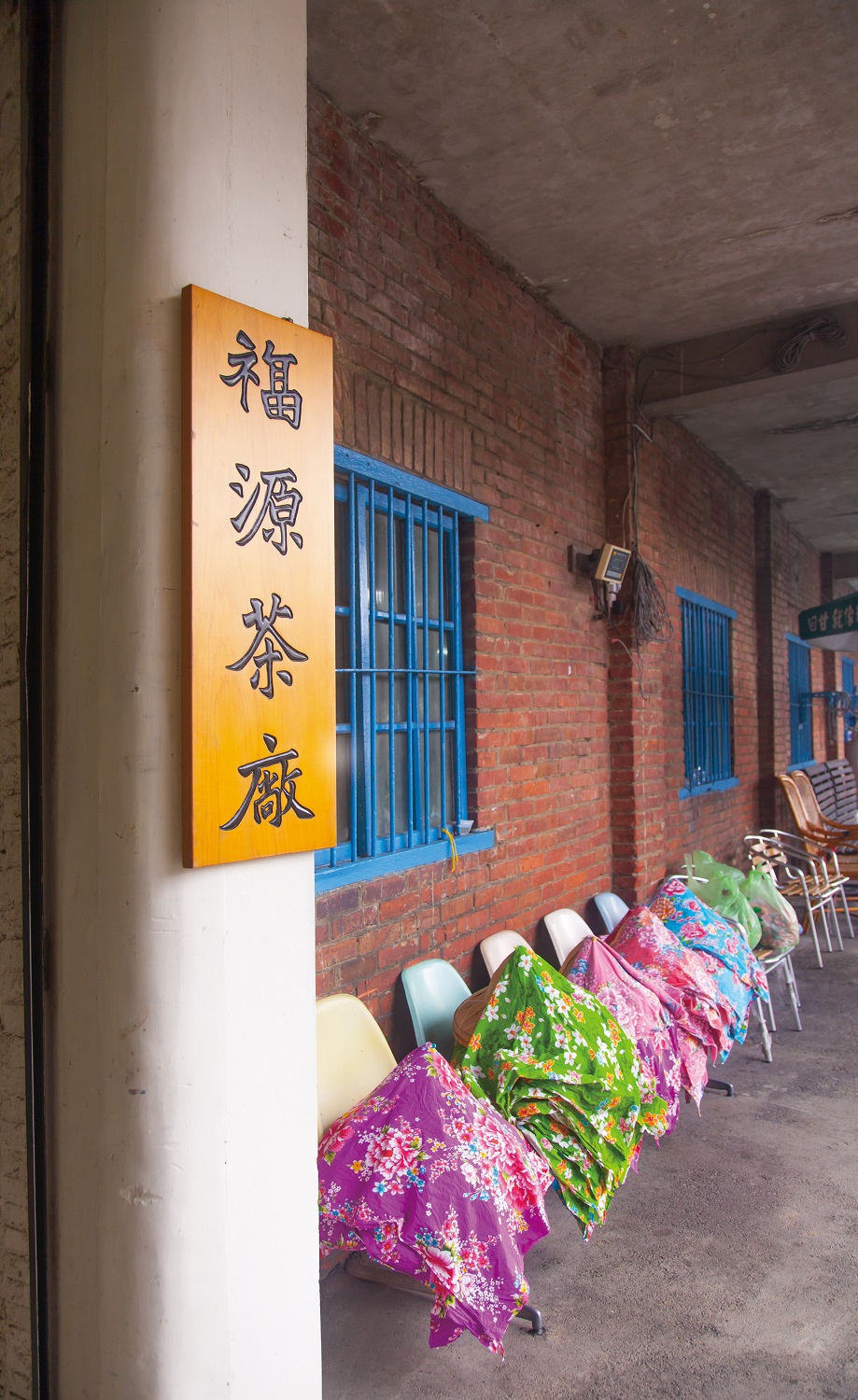
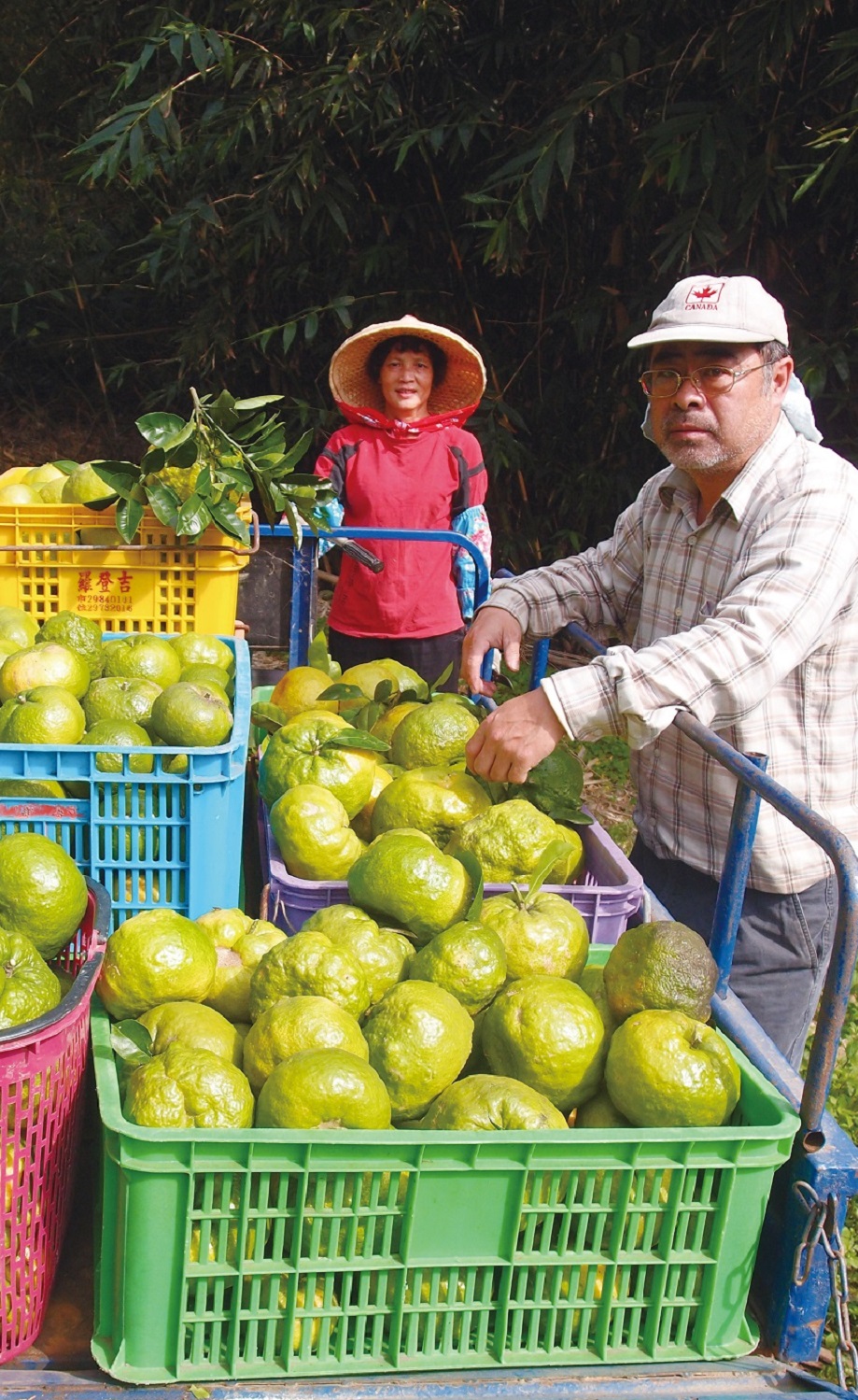
Following the lead of Fu-Yuan’s Huang Wen-Liang and Fan Bao-Zhu, the fourth generation of the family, we walked along the ancient stone step trail from the Qing Dynasty and saw a boulder named “Ancient Stone” that ancient Hakka people would worship back in the old day. Huang said that the boulder became sacred when a Hakka ancestor hid behind this rock, saving him from being attacked by enemies. Ever since, people have been worshipping the boulder to express their gratitude for the abundant food and clothes they’ve been given and everything this land has bestowed upon them.
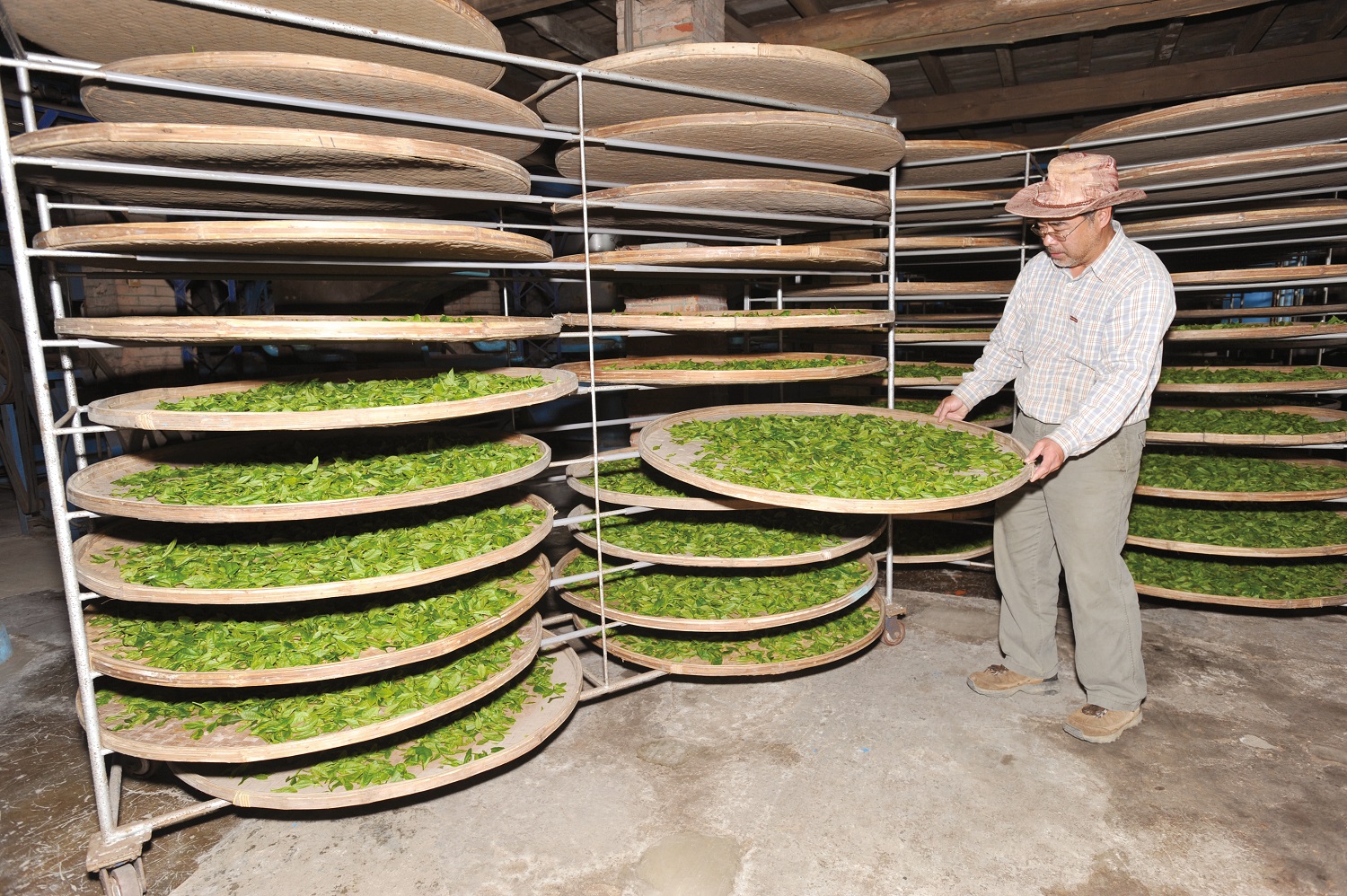
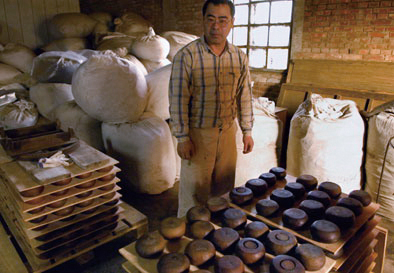
Transform Pests into Gold with Traditional Methods
Huang Wen-Liang and his wife adopt traditional tea producing techniques but also natural farming methods for growing tea leaves to enrich the natural environment of tea plantations, the home of tea green leafhoppers, spider mites, grasshoppers, stink bugs, among many others.
Tea green leafhoppers are the reason behind the success of Oriental Beauty Tea, a local specialty that is grown on the leeward side of hills in areas with sufficient humidity and sunshine. These insects feed on the tea, which damages the tea leaves and reduces photosynthetic activities. However, the plant activates its self-defense system by giving the tea its unique sweet honey flavor.
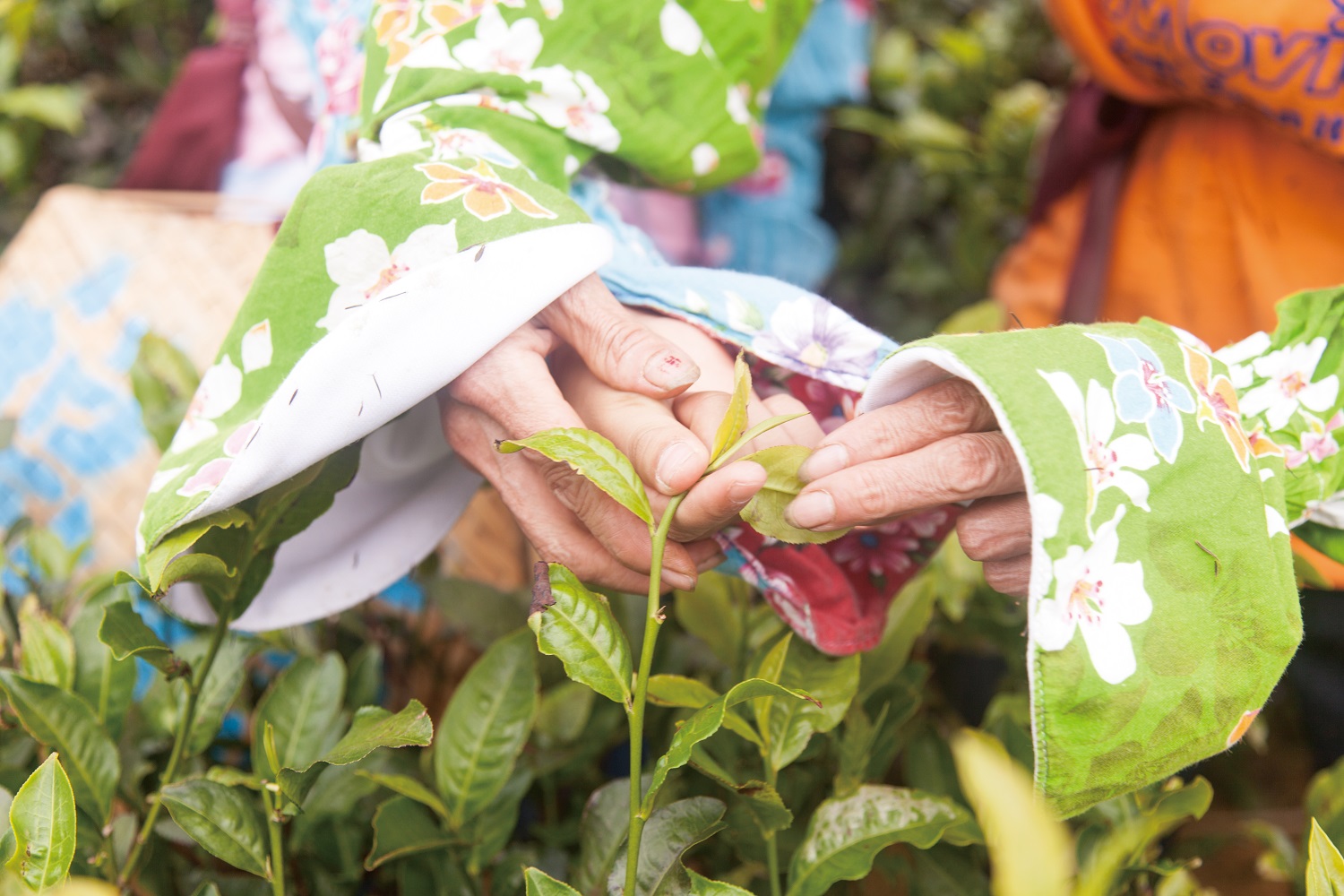
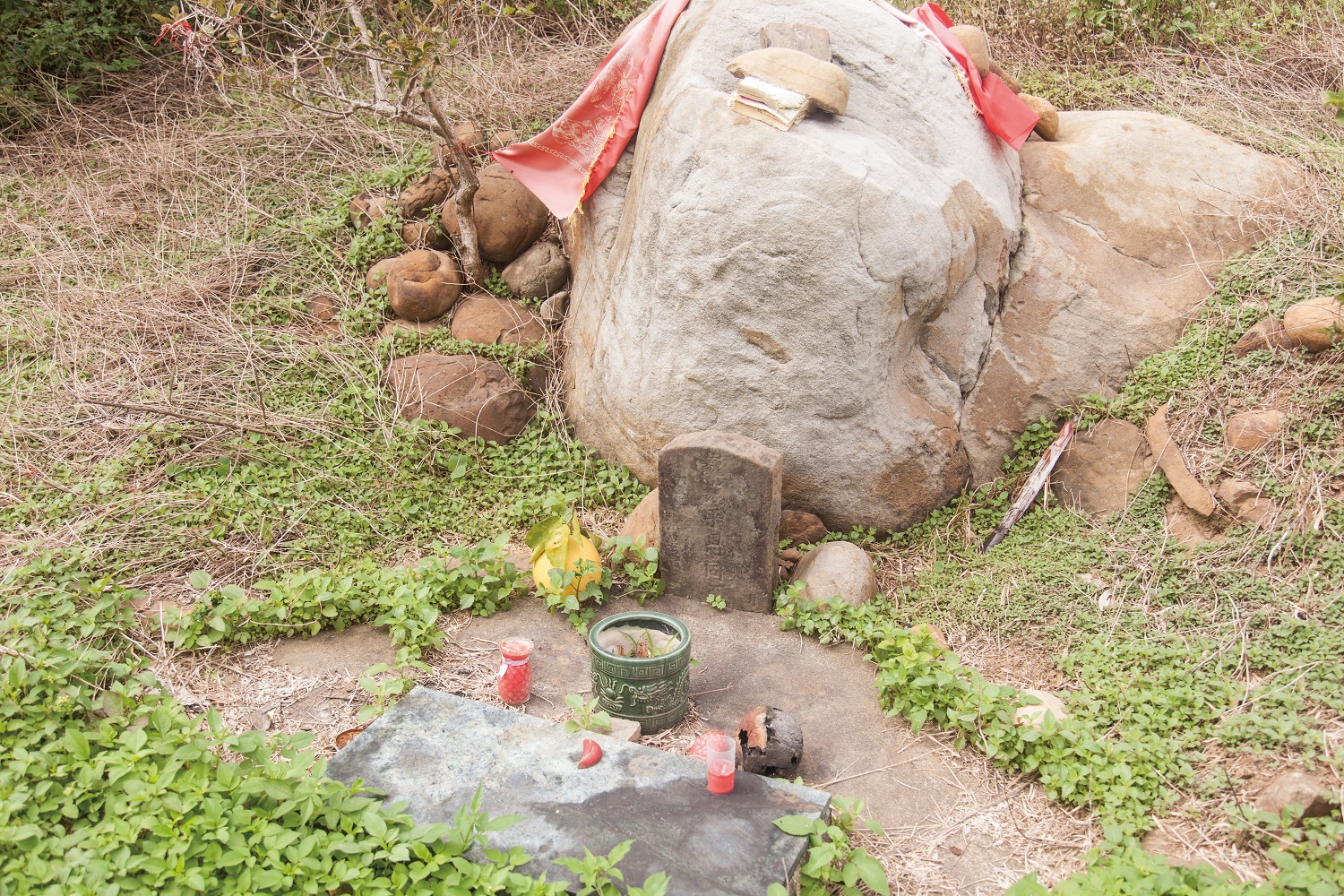
Carrying a bamboo basket and dressed in floral print clothing, Fan Bao-Zhu brought the team of reporters into the tea plantation to enjoy a cup of Red Jade Black Tea (TTES No.18), share picking experiences, and savor its unique minty, cinnamon aroma. While demonstrating tea picking techniques and one-tip two-leaf harvesting method, Fan mentioned that although some pests affect the growth of tea leaves, we shouldn’t kill them, but rather adopt a method to allow both tea and pests to coexist. Tea farmers have tea to harvest and insects rely on tea to survive. Fan crouched down to examine the roots of tea tree while removing vine and weed with her hands, caring for a tea tree just like caring for an infant. As she mentioned, only by investing your effort with your own eyes, heart, and hand can you produce a cup of good tea to others!
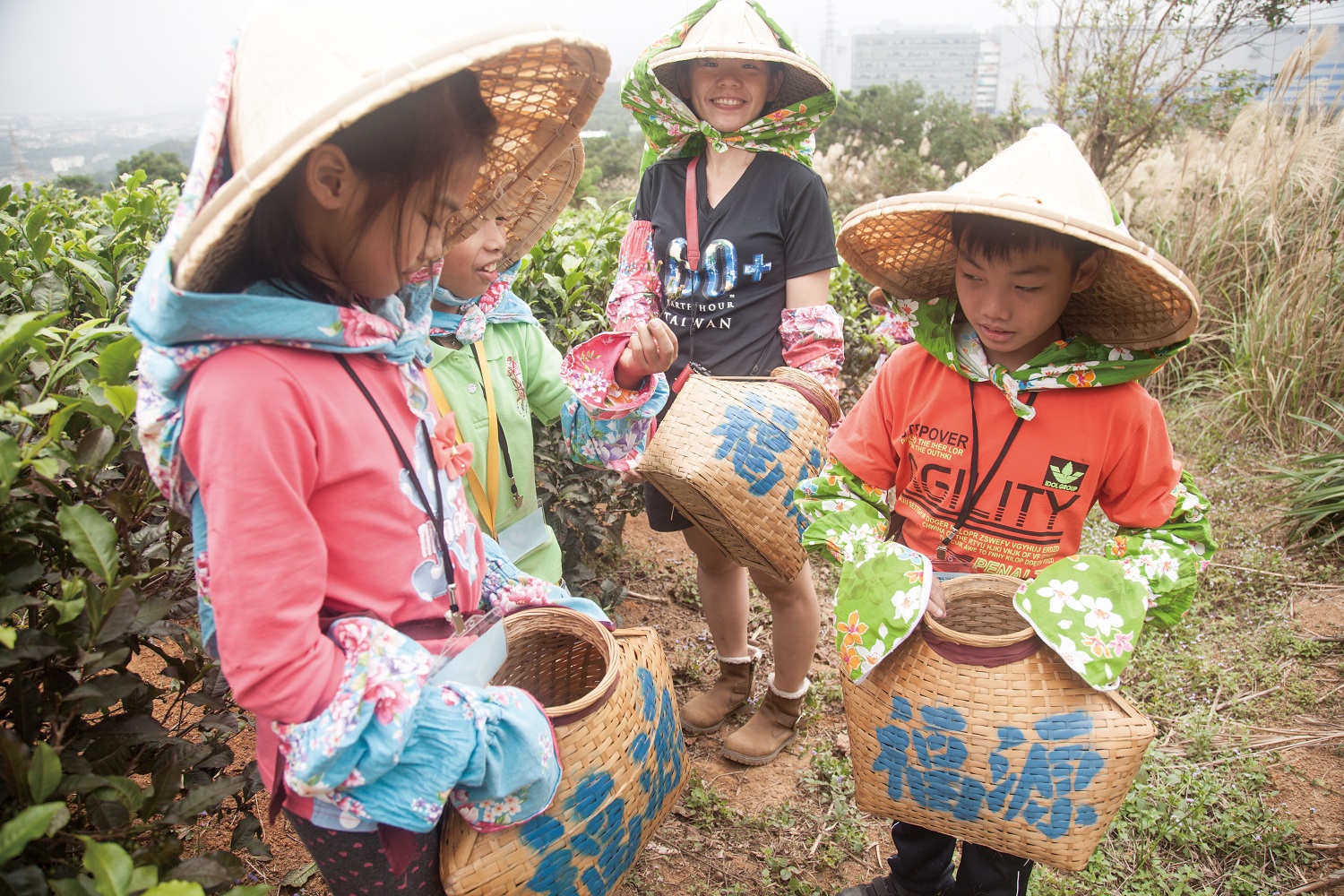
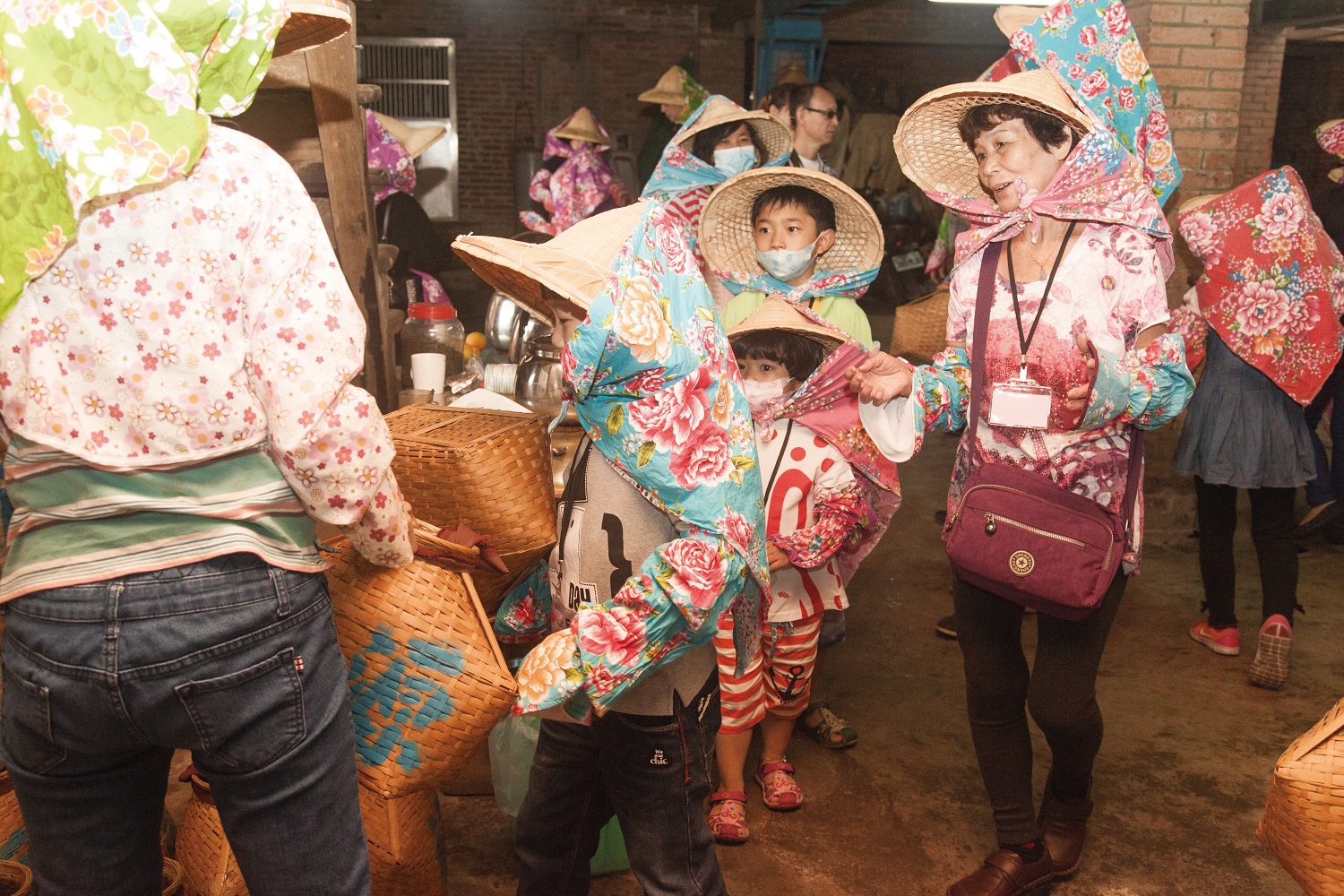
A tour around the tea plantation gives you an insight into the deep connection between the ancient tea manufactory and this land and how, after the rise and decline of Taiwanese agriculturee, it still continues to stand strong, creating the perfect balance between production, ecology, natural environment, and land. For them, this is how they live in simplicity; but for tea drinkers, all they see is the hard work the manufacturers put into their tea business and into preserving local culture. The 100-year-old tea manufactory warms the hearts of visitors, affecting more people with their initial mission to keep its business alive.
No.56, Ln. 590, Zhulong Rd., Longtan Dist., Taoyuan City 325, Taiwan +886-3-479-2533


